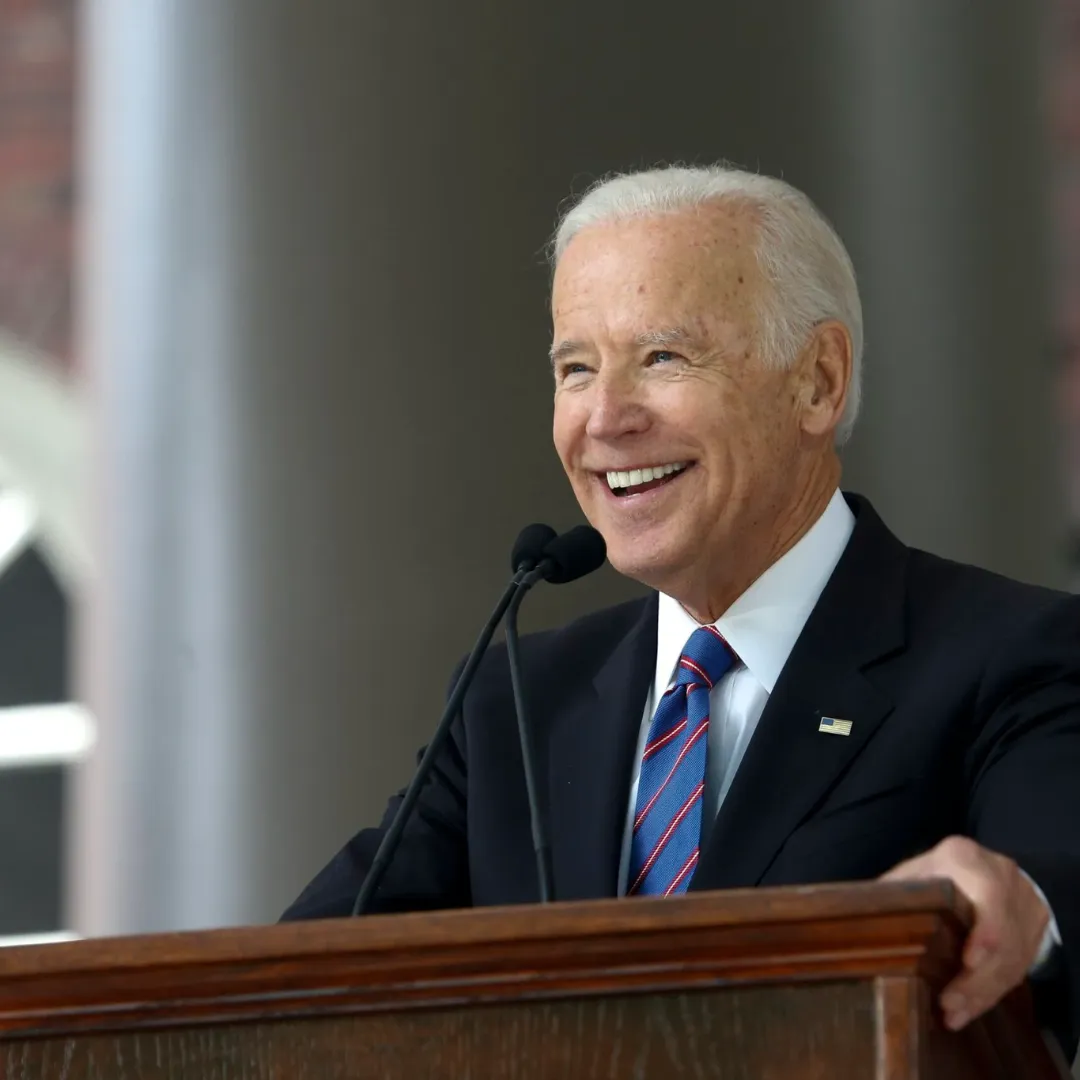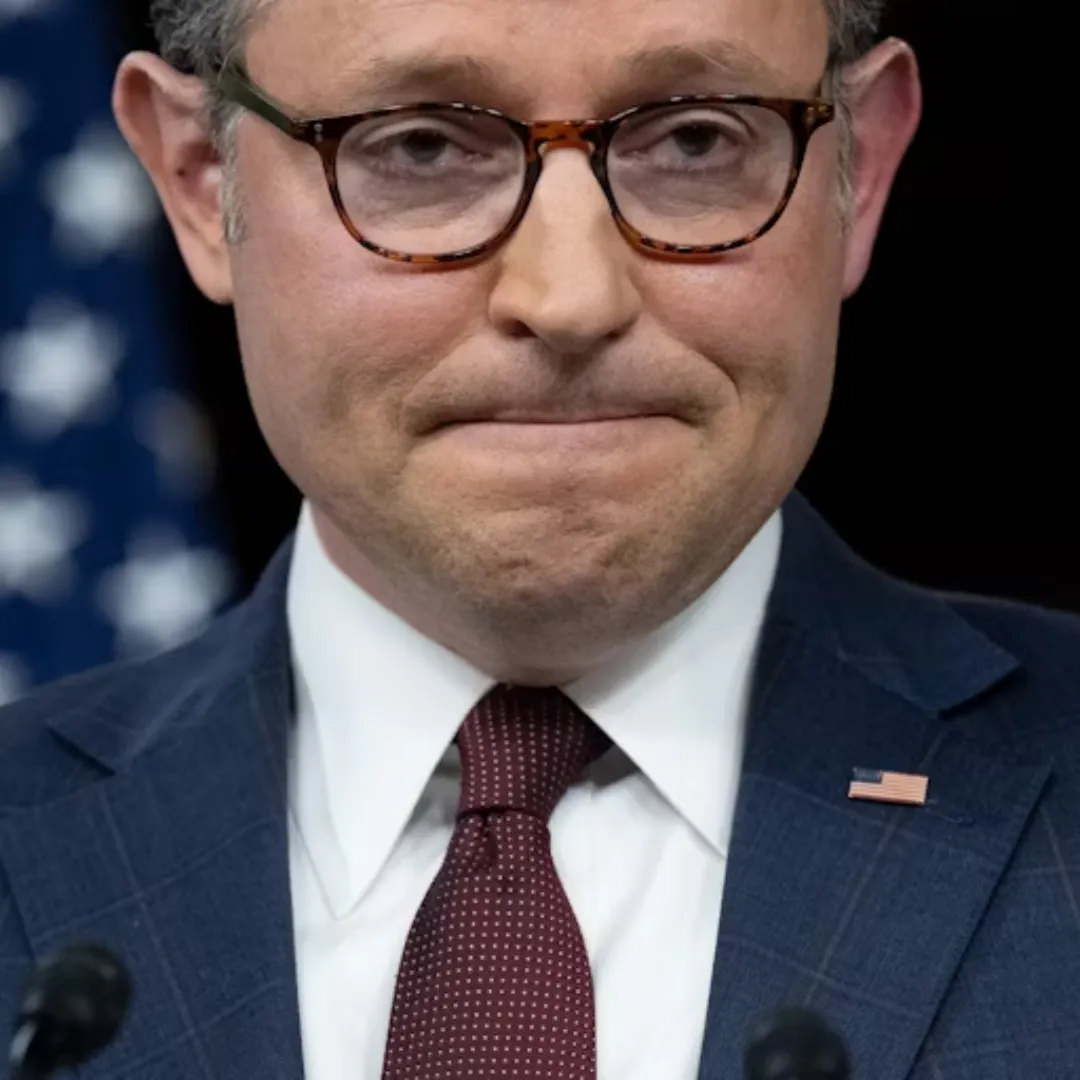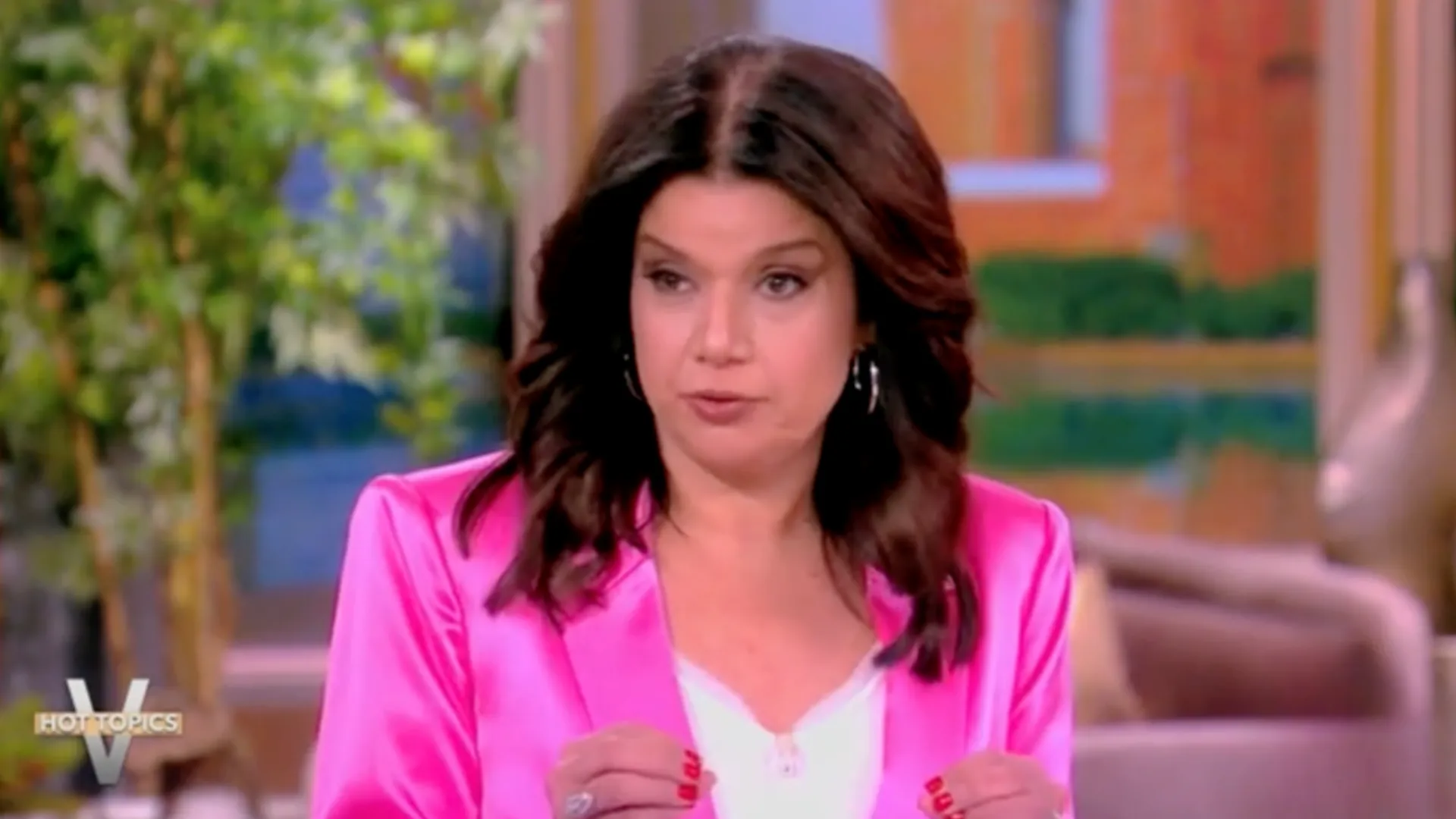
U.S. Secretary of Defense Lloyd Austin recently emphasized the vital role women play in the military, calling their contributions transformative and essential to the strength and effectiveness of the armed forces.
In a statement reflecting the military’s evolving perspective on gender equity, Austin declared, “Women in the military make us better. They bring unique perspectives, critical skills, and the same unwavering commitment to service as their male counterparts.”
Austin’s words underscore the progress women have made in breaking barriers within an institution historically dominated by men.
From flying combat missions to leading ground operations, women have proven time and again that they can perform—and excel—in any role. “Women have shown that they can do anything men can do, even in the military,” Austin said. “Their resilience, determination, and talent are indispensable to our mission of protecting this nation.”
Women now serve across all levels of the military, from frontline combat roles to high-ranking leadership positions. Their representation has grown, with generals, admirals, and other senior officers paving the way for future generations.
Yet, Austin acknowledged the ongoing challenges they face, including gender stereotypes, harassment, and disparities in opportunities for advancement. He urged for systemic reforms to create an equitable environment where women can thrive without facing additional obstacles.

“We must ensure women feel not only welcome but fully supported in their careers,” Austin said. He called for addressing critical issues like workplace harassment, implementing family-friendly policies, and ensuring fair promotions. These steps are vital for fostering a culture where women can contribute without being hindered by outdated norms or systemic barriers.
Recent years have seen significant strides toward equality in the armed forces. The opening of all combat roles to women, policies addressing pay gaps, and efforts to combat workplace harassment reflect the military’s commitment to inclusivity.
These changes signal a clear shift: gender should not limit opportunities. “When women succeed, we all succeed,” Austin added. “Their contributions make us smarter, stronger, and better prepared for the challenges we face.”
Recruitment and retention efforts are also evolving to attract more women to military service. Programs aimed at breaking down barriers and promoting leadership opportunities are essential for creating a force that mirrors the diversity of the nation it defends.
By highlighting women’s achievements and ensuring equal opportunities, the military reinforces its commitment to fairness and excellence.
Austin’s remarks serve as a call to action for continued progress. While the military has made strides in integrating women into all aspects of service, work remains to eliminate lingering inequities.
His acknowledgment of women’s leadership and capabilities sends a powerful message: strength and success are not determined by gender but by skill, dedication, and character.

As the military modernizes, leaders like Austin are paving the way for an institution that values talent over tradition. By championing women’s role in the armed forces and addressing persistent challenges, the military sets an example for other sectors striving for equality.
“Women in the military are not just participants; they are leaders,” Austin said. “They show us that diversity is our strength, and their presence ensures we are a more capable and effective force.”
The Secretary’s words reflect a broader cultural shift, one that recognizes the importance of giving everyone, regardless of gender, the opportunity to excel.
In doing so, the military affirms its commitment to building a future where ability and determination are the only criteria for success.



